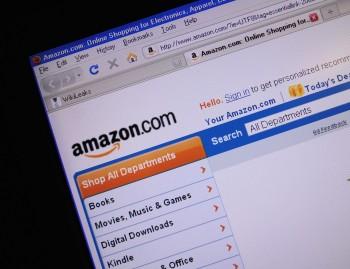Can New MySpace Best Facebook and Google+?
MySpace, now owned by Specific Media and armed with a celebrity marketing strategy, may yet challenge other social media, if it can withstand the challenge from internet-search giant Google’s Google+.
|Updated:



